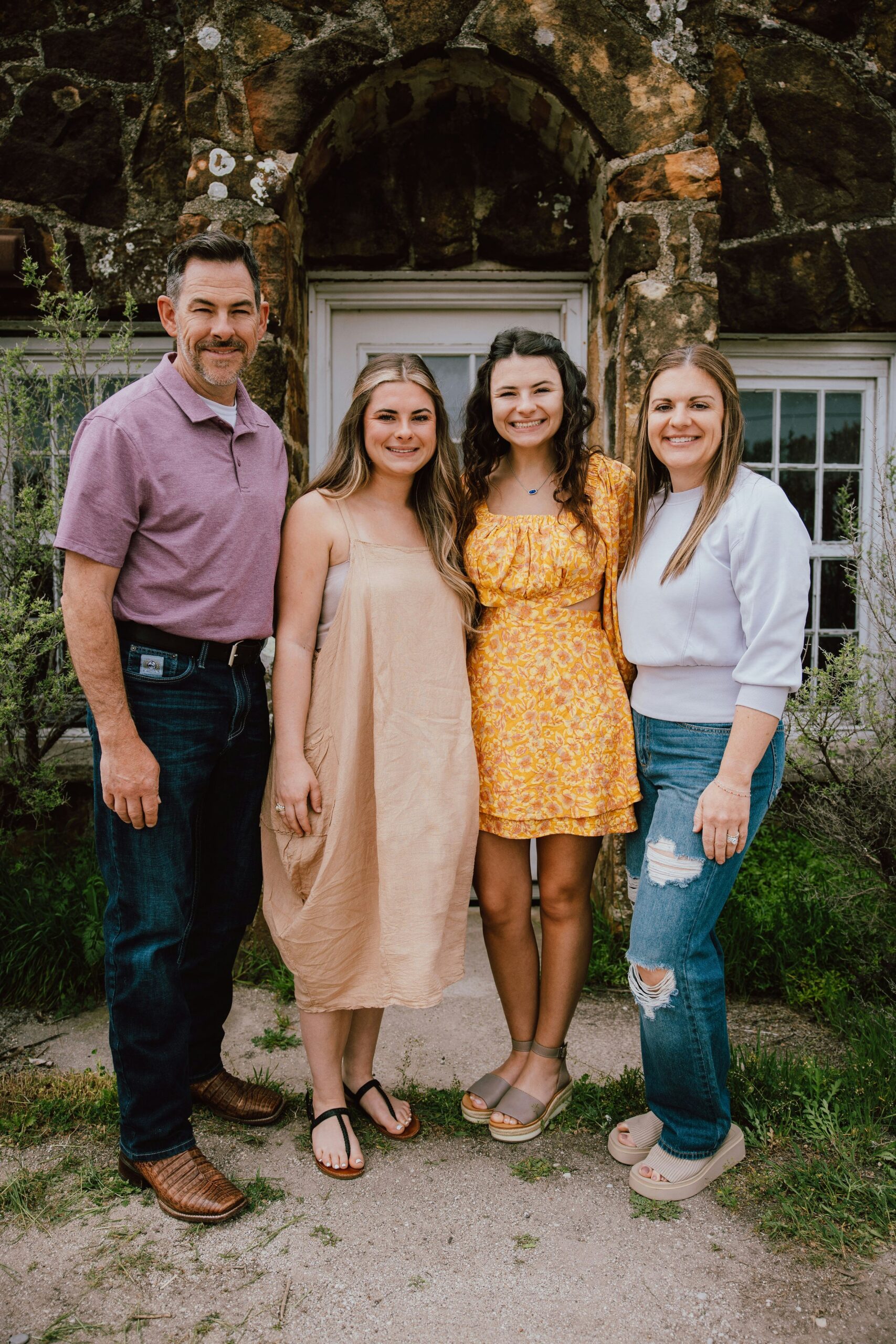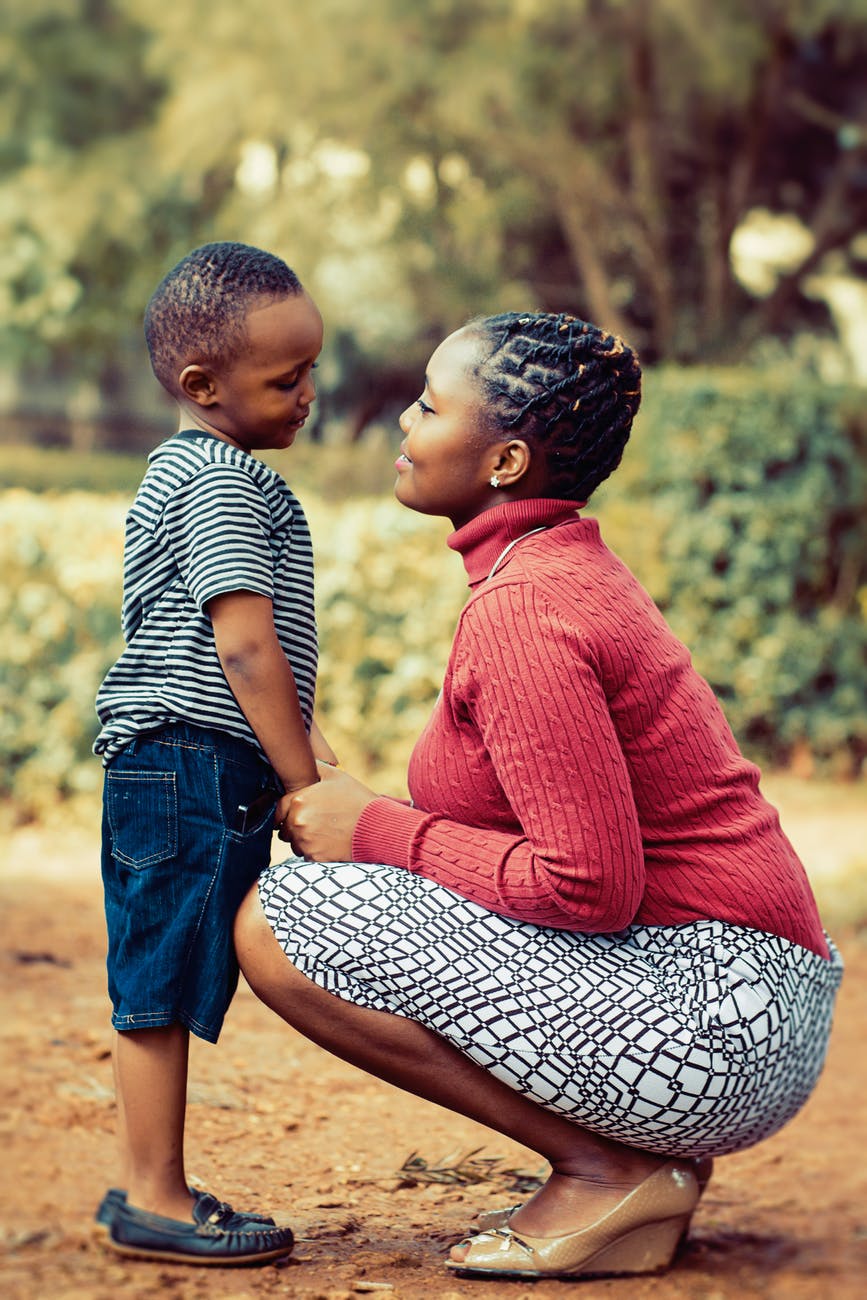James Donaldson notes: As I’m slowly getting on top of my physical health issues, I am turning more and more of my time and efforts towards mental health issues, especially pertaining to our young people and student-athletes.
Having gone through a recent bout of depression and suicidal thoughts myself, I realize now, that I can make a huge difference in the lives of so many by sharing my story, and by sharing various resources I come across as I work in this space. http://bit.ly/JamesMentalHealthArticle
A panel of experts from around the Main Line offer straightforward advice about the complicated issues today’s teenagers face.
How can parents help kids navigate today’s world and all of its dangers? A panel of local experts offers straightforward, often surprising advice about some of the most complicated issues facing today’s teenagers.
Worst-Case Scenarios
Should we make our kids feel safer by minimizing the potential dangers of school shootings? Or maybe we should avoid the topic altogether? Do neither, advises Brigette Erwin, founder and director of the Anxiety & OCD Center in Malvern. “Anxiety is driven by uncertainty, but having a plan helps,” she says. “Give children specific things to do to increase their safety.”
Most public and private schools have active shooter response plans. Some are available online; others are provided upon request. Get those plans and, in age-appropriate ways, review them with your kids. Knowing that adults are taking steps to make them safer may ease their minds.
Next, make a family plan. Which parent or grandparent should kids call or text in case of daytime emergencies? Put that information in kids’ phones or backpacks. Make sure that, if they’re in a crisis situation, they know to call 911 before they call you.
After a school shooting, parents should implement emotional support plans. “First, correct facts about a specific situation and the issue at large,” says Erwin. “Second, provide context. Children’s reactions are based on emotions and their own personal experiences. Give them a framework to help them process it.”
Use the tragedy to grow kids’ emotional intelligence, advises Kelley Dougherty Eubanks, a Philadelphia-based family therapist. “Teach them how to deal with trauma and shock,” she says. “Tell them it’s OK to feel sad, scared or mad. Give them the space to process, but put a time limit on it. Let them chill out in their rooms for 30 minutes, then have them come downstairs and help make dinner.”
Most importantly, don’t let your fears infect your kids. “There’s a feedback loop between parents’ anxiety and children’s,” Erwin says. “With words and behavior, parents can communicate their anxiety and children will absorb that. When kids see that anxiety, it may be a powerful learning experience for them.”
The Unspeakable
Despite its prevalence, suicide remains a taboo topic. “Parents are afraid they’ll put the idea in their kids’ heads,” says Laurie Burstein-Maxwell. “But we need to know if the idea is there already.”
For Burstein-Maxwell, the tragedy of suicide is personal. Her son, Dan Maxwell, ended his life in 2013, shortly after he graduated from Radnor High School. In the five years since their son’s death, Burstein-Maxwell and her husband, Lee, have funneled their pain into DMAX Foundation. The nonprofit creates peer-led support groups on college campuses. DMAX clubs already exist at four colleges, and four more will open during the 2018-2019 academic year. “We want these clubs to exist so people have places to turn for help,” Burstein-Maxwell says. “The more we talk about it, the more opportunities we have to help people.”
Lisa Pflaumer, executive director of Michael’s Giving H.A.N.D., is doing similar work. The organization’s namesake is Michael Donatucci, a graduate of St. Joseph’s Preparatory School and the University of Pennsylvania, who committed suicide in 2016. Like DMAX, Michael’s Giving H.A.N.D. works with schools on suicide prevention and mental health awareness.
How should parents talk to their kids about suicide? Ask them hard questions like: If you were having the worst day of your life, whom would you turn to? Too often, the answer is no one, Pflaumer says. Even kids with a lot of friends may not have people with whom they can share their real feelings.
Help kids create circles of adult support. Don’t identify people for them; ask your kids to come up with three people they trust. Teachers, coaches, family members, parents of friends and religious leaders are usually good options. “Activate those adults and get them to agree to their roles, then tell your kids,” advises Esther Auerbach.
Where to find advice and support:
National Suicide and Prevention Hotline
1-800-273-8255
A licensed professional counselor who lives in Merion, Auerbach has been a counselor in private high schools for more than 20 years. “For children to know that adults care about them is a powerful thing,” she says. “The very basic message is that they are not alone.”
What should adults do when kids reach out to them? First, determine if it’s an emergency situation. Is the child thinking of harming himself or others? Does he have a plan? “Most kids tell the truth,” Pflaumer says. “If they call, it’s because they do want help.”
If it’s an emergency, don’t leave them alone. “Contact the parents—and if you can’t get them, call the police,” Auerbach says. “If he’s threatening to harm himself, he has to be seen by professional at a crisis center.”
Non-crisis calls can be concerning. In those cases, every adult in the person’s life should be on alert. “That child isn’t with his parents all the time, so teachers, coaches and other adults need to watch for concerning behaviors,” says Burstein-Maxwell. “Meanwhile, keep talking and checking in to see how he’s feeling.”
Instead of asking “What’s wrong with you?,” which can make someone defensive, say you’ve noticed changes like not socializing or sleeping more than usual—whatever is concerning. “’How can I help?’ gets a huge response,” Pflaumer says. “You’re not responsible for fixing it. People are often in a tremendous amount of pain. But you can show that you care.”
How should parents respond when suicides occur in their kids’ schools? Confront it head on, advises Auerbach. “Often, the immediately available information isn’t correct, so parents shouldn’t get bogged down in the minutia of how the suicide occurred,” she says.
Instead, focus on a child’s emotions. “Say, ‘I’m here for you right now and I’m going to check in with you again tomorrow and the next day and the day after that,’” says Auerbach.
Turn the tragedy into a learning experience and get proactive about suicide, says Pflaumer. “Play out some scenarios with your kids,” she says. “If a friend talks about committing suicide, what should you do? If someone posts about suicide on social media, what should you do? The answer is tell an adult right away.”
That answer isn’t always obvious to kids, though. They may not want to snitch, or they may think their friend is being overly dramatic. “It’s not kids’ job to decide if the comment is serious or not,” Pflaumer says. “Their job is to tell an adult. Sometimes being a friend means doing hard things.”
More Than a Case of Nerves
“I’m having anxiety” has become so ubiquitous a phrase that it’s used to describe everything from SAT/ACT prep to picking a party-worthy outfit. “There’s a desensitization about mental health,” Pflaumer says. “The problem is that, when someone is reaching out for real help, we may think they’ll get over it.”
Still, the world is filled with real dangers that make everyone anxious. And many teens exhibit what can be signs of depression, like moodiness and changes in sleeping and eating. How do parents know when there’s a deeper problem? Sometimes they don’t. “That’s why it’s so critical to get a professional evaluation for your child,” Erwin says. “These are serious conditions that need to be diagnosed and properly treated.”
Clinical anxiety can include panic attacks, irritability and insomnia that severely impact someone’s life. It typically occurs in at least two different environments, like school and home, Eubanks says. Similarly, depression occurs over a course of time. “It’s not being anxious about one test, but with every test,” Eubanks says. “It’s not being depressed for one day, but for weeks.”
One would think that school shootings and other tragedies create or exacerbate anxiety and depression, but that’s not necessarily true. “Anxiety and depression can have a variety of triggers, and school violence may not be one of them,” says Erwin. “But parents do need to keep checking in with their kids.”
Helicopter parenting, however, is a growing problem. “Hyper-focusing on kids is now a common parenting style,” Eubanks says. “Parents need to give kids space to mess up. Allow them to be upset about getting a bad grade. Teach them to cope with it.”
Giving kids space is necessary—within reason. Show them the value of being social in person. Eubanks is a fan of “time in,” where families come together for making dinner, playing a game, going for a walk or watching a movie. “Kids don’t have to talk, but they do have to be present,” Eubanks says. “Teenagers hate it, but they see the value eventually.”
LGBTQ and Inclusivity
Sexual and gender identities are more accepted now than they were even a decade ago, but “coming out” is still difficult. Most parents assume their kids are heterosexual and have their proper gender assignment—until they tell us otherwise.
That would be easier to do if inclusivity were taught in early childhood, says LGBTQ specialist Joanne Glusman. Unless same-sex couples are in your family or social circle, you may not have bedtime books about kids with two dads or two moms. “We hope parents are talking to their kids, in age-appropriate ways, about different kinds of families and people that make up our wonderful world,” says Glusman, a social worker with Bryn Mawr Family Practice.
Parents are getting wiser about gender roles, though occasionally they become overly concerned when a daughter plays with trucks and a son likes pink. “The key is if kids are persistent, consistent and resistant,” says Glusman.
Is the child constantly correcting your pronouns, insisting that he is a she? “If that’s the case, parents should talk with someone who has a specialty in that area. You want to be educated and learn to be supportive so the child becomes who they’re supposed to be,” Glusman says.
Sexual orientation should be treated the same way. “All kids need to know they’re loved unconditionally,” Glusman says. “They may do things you don’t like—like break a window or pull their sister’s hair—but you’ll always love them. Say that, and say it often.”
No matter how accepting parents are, making friends can be difficult. Parents need to help LGBTQ kids find their group. Many schools have gay-straight alliances. Elsewhere, groups like the Main Line Youth Alliance are a great way for LGBTQ kids to socialize.
Even if they have supportive families and friends, LGBTQ kids are often targets of bullying. In those cases, parents should create emotionally intelligent plans, says Eubanks. “Have conversations telling your kid it’s OK to feel badly about it and that you’re there to help,” she says. “It’s critical that kids have you as an outlet and advocate.”
Parents should know what processes schools currently have in place to deal with bullying. Glusman says local districts—specifically Lower Merion, Radnor and Haverford townships—have good anti-bullying policies, LGBTQ-inclusive policies and training for staff members.
Still, kids are often reluctant to notify school officials. “They think getting the bullies in trouble will make things worse,” Eubanks says. “That’s why home base is so critical. Kids—all of them, but especially LGBTQ kids—need safe places where they are loved.”
Not surprisingly, LGBTQ children have a higher-than-normal incidence for behaviors like drugs, alcohol, unsafe sex and suicide—and life is toughest for transgender kids. “We need to make sure they have resources, support and safe places to gather, learn about themselves and have fun,” Glusman says. “Every parent would like to wrap their kid in bubble wrap. We can’t do that, but we can increase the odds of them becoming healthy adults. A supportive, loving household makes a big difference.”



